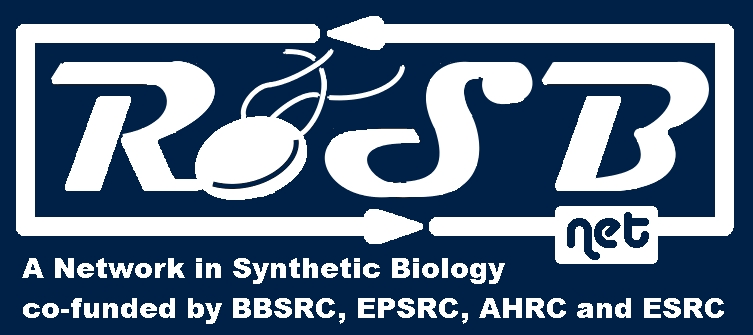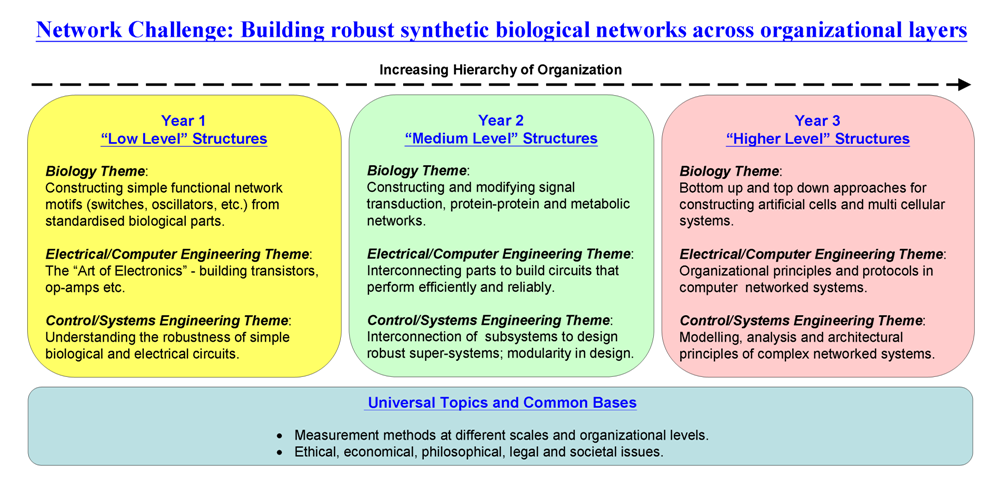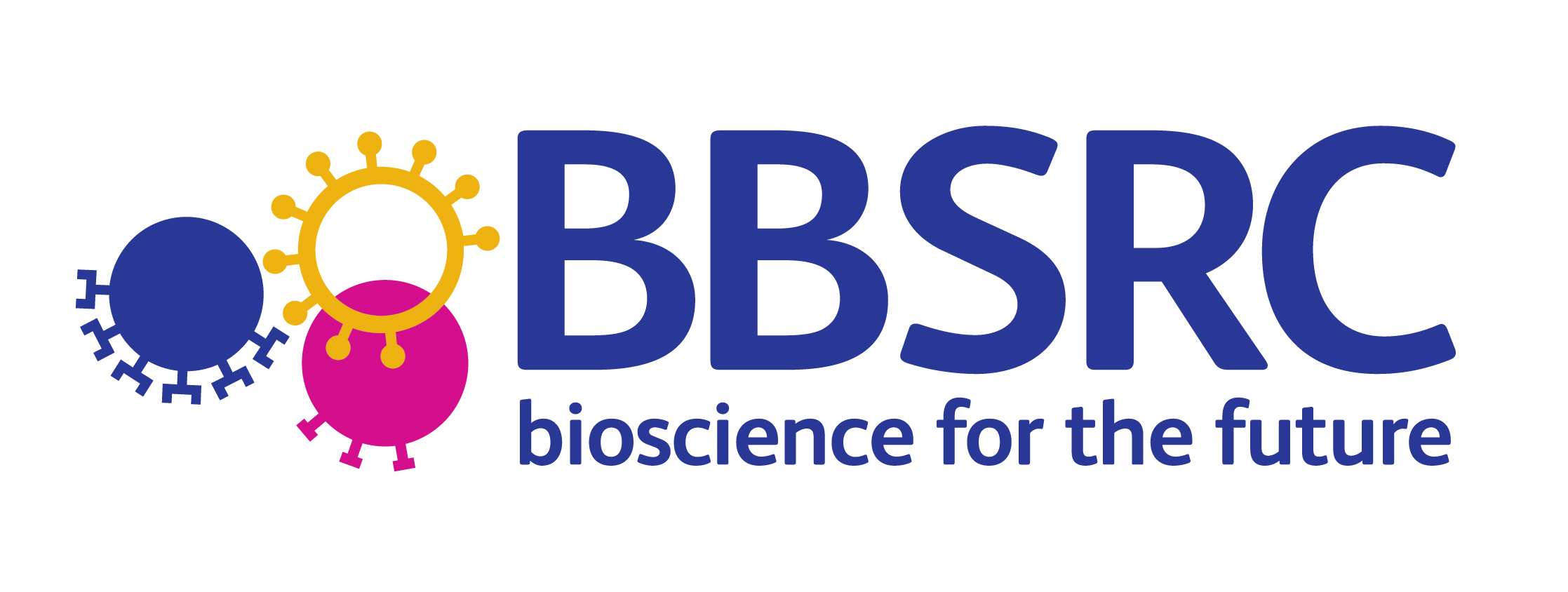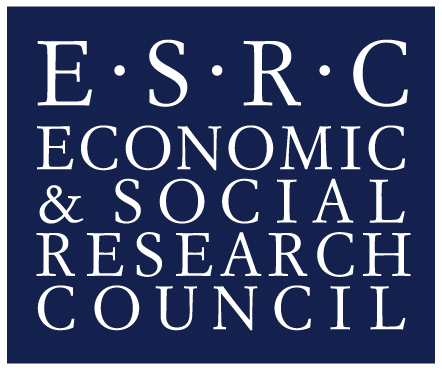Welcome to RoSBNet wiki
Introduction to RoSBNet
RoSBNet (Robust Synthetic Biology Network) brings together people working in Synthetic and Systems Biology as well as Systems/Control Engineers, electrical, chemical, computer engineers, Physicists and Mathematicians to address the theoretical and practical challenges of designing new robust biological networks or modifying already existing ones, which have to function inside uncertain biological environments, all the way from parts to whole systems. The network will focus on the Ethical, Legal and Societal Issues that are raised by advances in Synthetic Biology, aiming to create a fruitful discussion on how such concerns can be balanced by the potential usefulness of the many applications, such as environmental cleanup, fuel generation and healthcare. The objective is to transfer knowledge and develop a fruitful discussion and cross-fertilization of ideas on modelling, analysis, design and construction of synthetic biological networks creating a mobility and communication between control/electrical/computer engineering, biology, mathematics and the social sciences as well as with Industry. The goal is to create a cohesive community that can respond effectively to research challenges, funding opportunities and international activities.
Synthetic Biology is a new research field which aims in designing new or modifying existing biological pathways in order to produce systems with superior or different properties, usually for a novel application. In the related field of systems biology, it is recognized that it is impossible to infer the biological network behaviour by just listing its components but rather the whole feedback mechanism linking them needs to be considered; the same is true in every Synthetic Biology design. However, these designs need to be implemented inside a cellular environment and a major challenge that synthetic biology has to face is that the effect of the interactions of the new pathways with the cellular environment need to be taken into account during the design or redesign process. This is unlike any other engineering design procedure, such as electrical circuit or computer engineering design, where the behaviour of simple parts (e.g., resistors), of more complicated components (e.g., transistors) or even of whole systems (e.g., complete circuits) can be predicted (and eventually measured and verified) efficiently after implementation. This unique feature to Synthetic Biology design poses new challenges to engineering and mathematics. At the same time, many engineering disciplines, such as control and computer engineering, have for years been dealing with the analysis and design of complex systems that have to operate robustly in uncertain environments and therefore have a lot to contribute towards constructing biological modules, whether these are parts, pathways, artificial cells or cultures/tissues with performance guarantees within an uncertain environment.
Organisation of the Network
It is important to emphasise that the objectives of this network are difficult to achieve by individuals alone – instead, an integrated collaboration between members of the whole network would be required. RoSBNet creates these necessary collaborative links. The activities aim to benefit not only the network as a whole, but also the individuals who will widen their research outreach through the network interactions.
The figure below shows the topics that will be investigated in the following three years. The challenge is to exchange views and expertise on how to construct robust biological networks at different organisational scales. From the Biology side, in the first year we will look at the gene regulatory network level, in the second year at signal transduction/metabolic/protein-protein interaction pathways and in the third year at how whole cells can be constructed. At the same time, every year we will be looking at paradigms from Electrical and Computer engineering that are directly related to the biological scale – resistors/capacitors/inductors and small circuits (op-amps, transistors etc) in the first year, larger circuits in the second year and computer networks and protocols/modularity/architecture in the third year. In parallel to these there will be a control/mathematical direction which will discuss modelling for design at these different organizational levels. Two common themes for all three years will be measurement – i.e., how one can build devices that evaluate the performance of designs – and ELSI, i.e., what are the ethical, legal, social, philosophical, economical and other issues that are raised by Synthetic Biology research.
RoSBNet networks in 3 ways:
- Via a series of yearly, multi-day, workshops that were held in Oxford during the project duration.
- Via this online Wiki
- Via an email-based newsletter mailing list. To self-subscribe please send a blank mail to: rosbnet-subscribe@maillist.ox.ac.uk





